
The Nobel Peace Prize: A Weapon of Western Hegemony
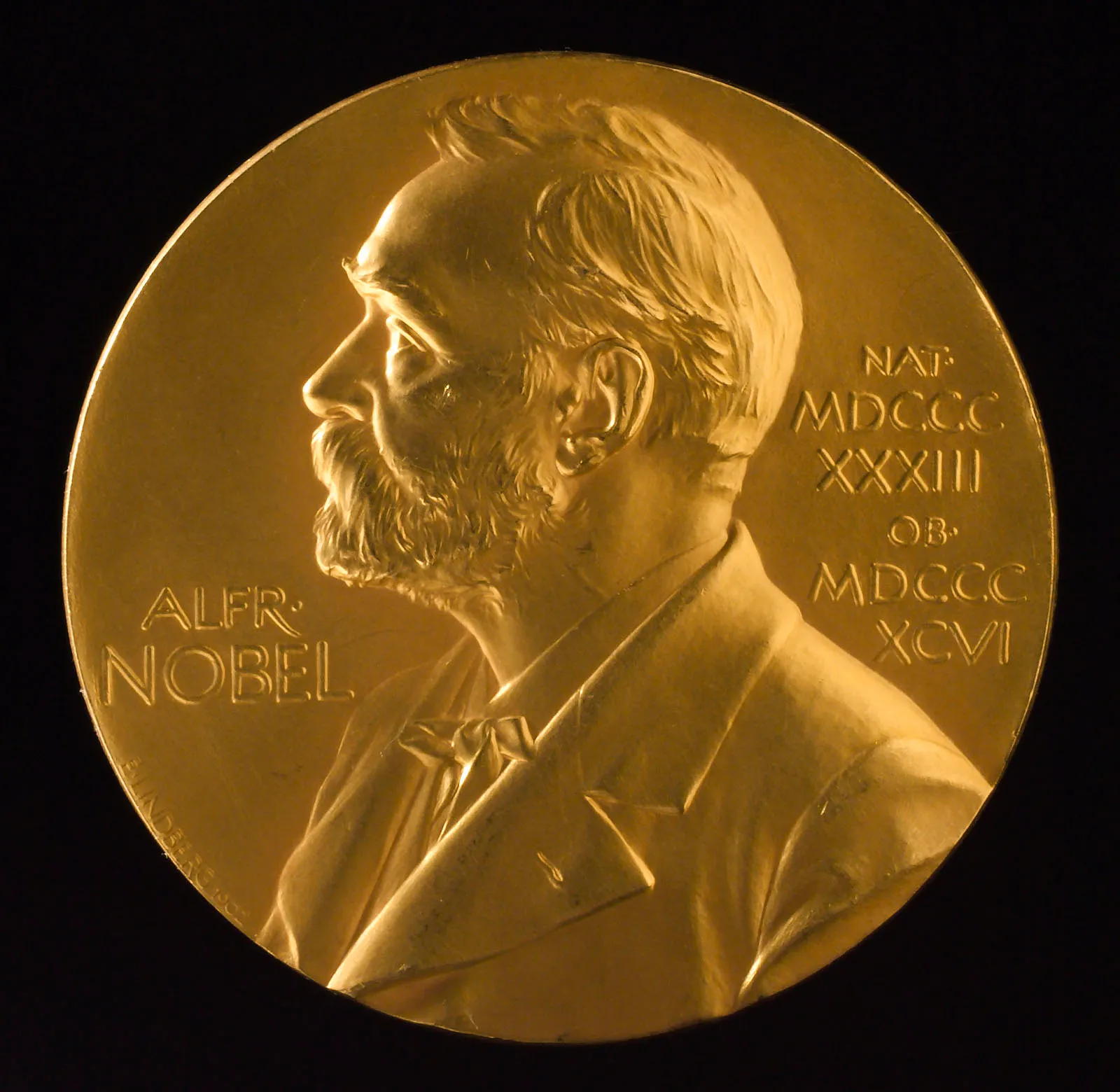
From Dynamite to Diplomacy, the Birth of a Paradox
Alfred Nobel, the Swedish chemist who invented dynamite, amassed immense wealth by revolutionising warfare and industrial destruction. His invention fueled colonial expansion, capitalist exploitation, and the deaths of millions, particularly in the Global South.
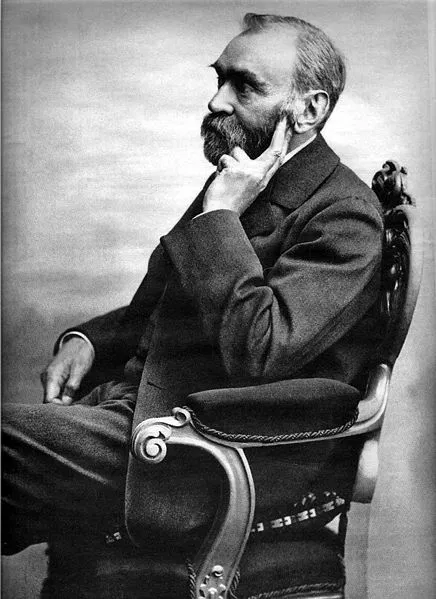
Yet haunted by the label “merchant of death,” Nobel sought redemption through philanthropy. In his will, he established the Nobel Prizes, including the so-called Peace Prize, a moral fig leaf designed to whitewash a legacy built on violence.
But over a century later, the Nobel Peace Prize has evolved into something far more insidious than an act of personal atonement. It has become a soft-power instrument of Western imperialism, a tool for legitimising aggression, rewarding complicity, and punishing defiance against the established order of Euro-American dominance.
Peace Through Power: The Nobel’s Colonial Logic
Since its inception, the Nobel Peace Prize has mirrored the ideological contours of Western liberal hegemony. While it presents itself as a universal moral institution, its choices consistently reflect the geopolitical interests of NATO states. It rewards those who conform to the Western narrative of “peace,” which often means obedience to neoliberal economics, Western diplomacy, and military intervention cloaked in humanitarian rhetoric.
The irony is unmistakable: the prize founded by an arms magnate has repeatedly honoured war criminals, coup enablers, and imperial apologists. Henry Kissinger, awarded the 1973 Nobel Peace Prize, epitomises this grotesque contradiction. As U.S. National Security Advisor and Secretary of State, Kissinger oversaw the secret bombings of Cambodia and Laos, the prolongation of the Vietnam War, and the orchestration of the coup that toppled Chile’s elected President Salvador Allende. His “peace” prize was, in truth, an award for managing an empire through calculated slaughter.
Obama and the Sanctification of Violence
In 2009, the Nobel Committee extended this tradition by awarding the prize to Barack Obama, at the dawn of his presidency, before he had enacted any foreign policy. The timing was strategic: it conferred moral legitimacy upon a leader who would soon expand drone warfare, devastate Libya, and preside over endless wars in Afghanistan, Iraq, Yemen, and Syria.
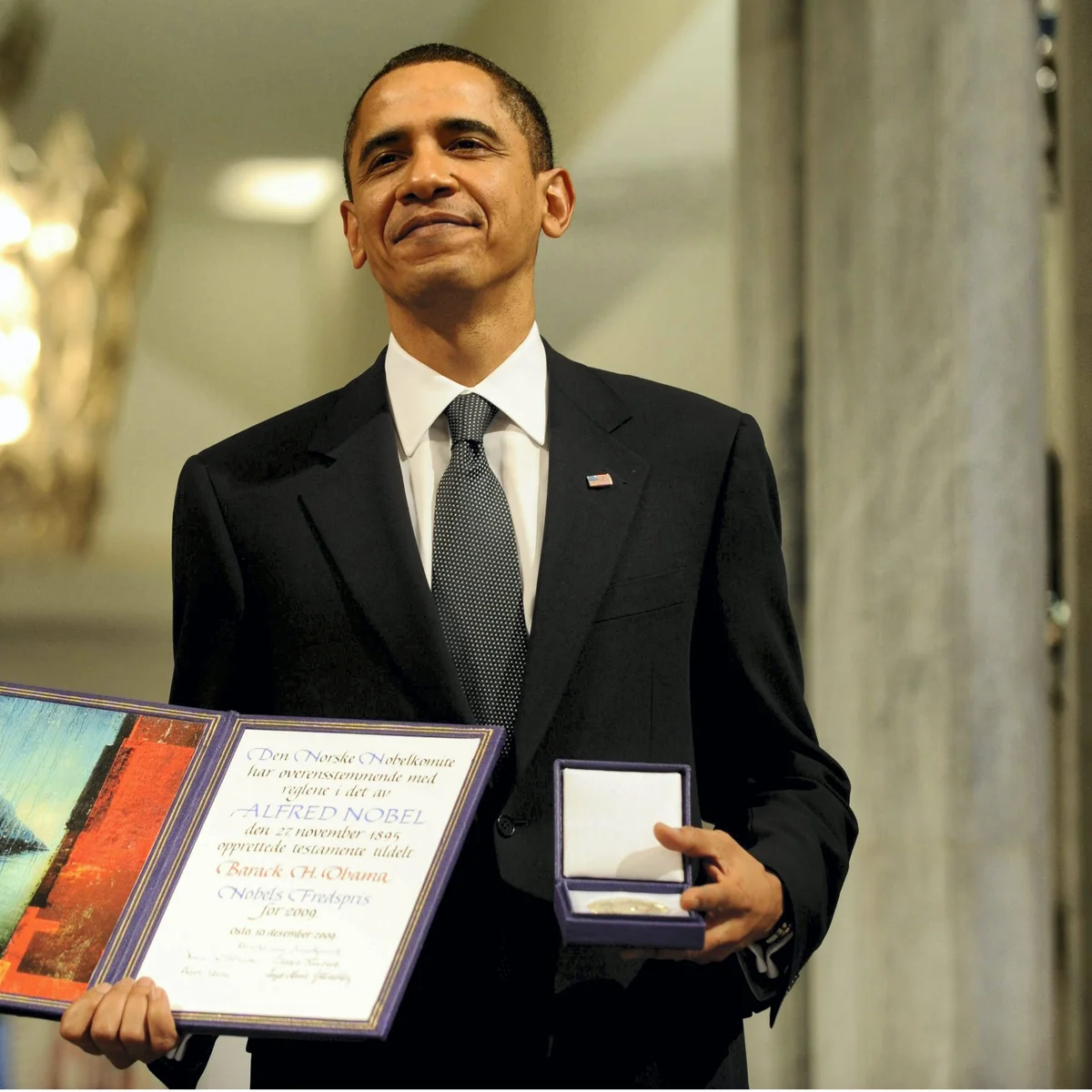
Obama’s Nobel was not a recognition of peace; it was an advance payment for maintaining the imperial order under a polished, liberal veneer. It signalled that even when the empire kills, it can do so with eloquence and grace, and still be celebrated as moral leadership.
Abiy Ahmed and the Militarisation of the Horn of Africa
The 2019 Nobel Peace Prize awarded to Ethiopia’s Prime Minister Abiy Ahmed perfectly illustrates the Nobel Committee’s function as a soft-power instrument of Western hegemony. Heralded as a young reformer and hailed for his peace accord with Eritrea, Abiy was swiftly elevated by Western media as the face of a “new Africa”, modern, democratic, and cooperative with the global order. Yet behind the Oslo spectacle lay a deeper geopolitical agenda: to cultivate and co-opt a loyal African proxy who could safeguard NATO’s strategic and economic interests in the Horn of Africa. The award was not a celebration of peace, but a calculated investment in a leader expected to act as the region’s gatekeeper, containing independent African assertiveness and curbing the growing influence of China, Russia, and non-aligned states across the Red Sea corridor.
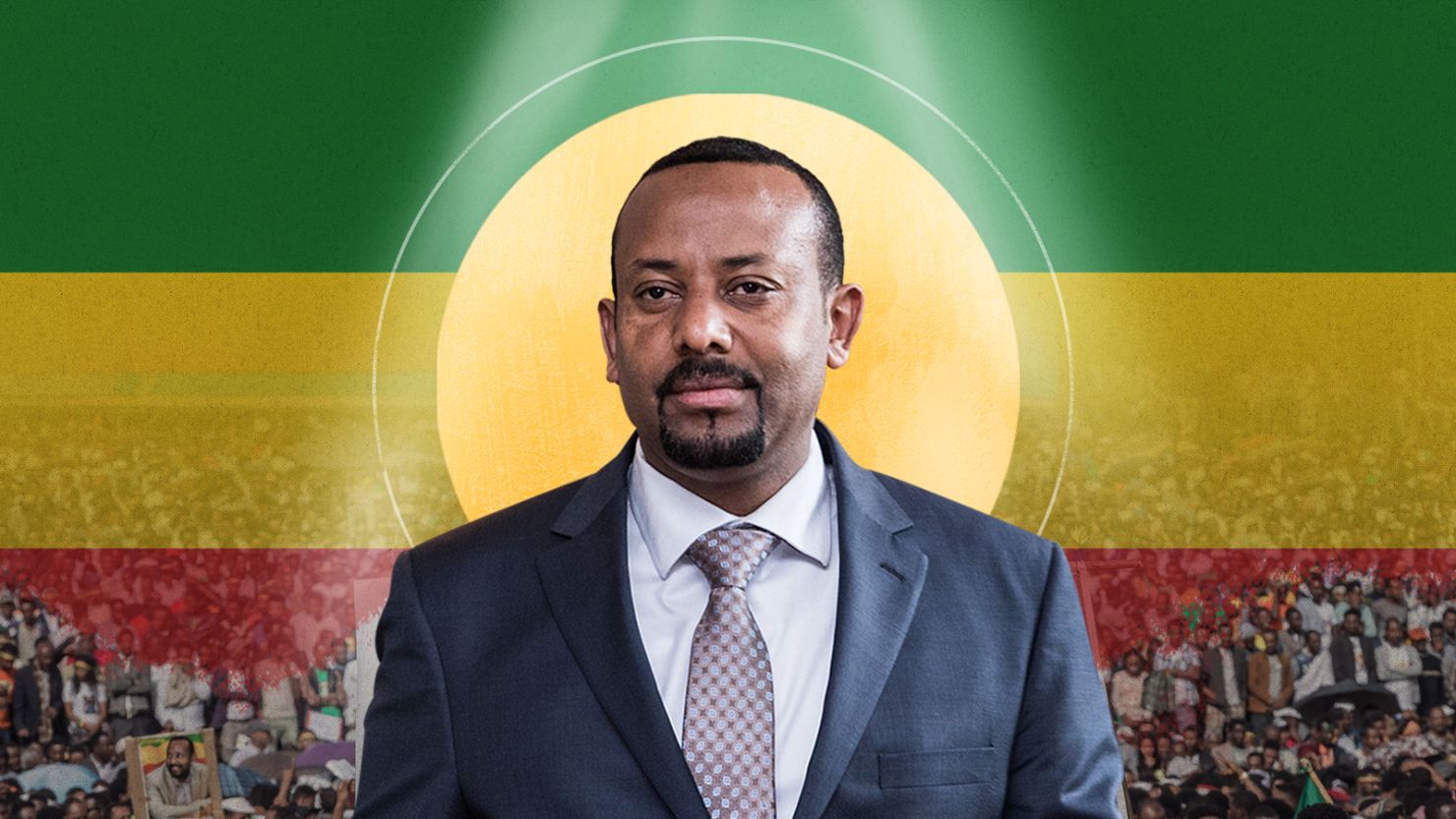
Barely a year after his coronation, Abiy’s government descended into one of the most devastating wars in modern African history, first against the Tigray and Amhara regions, marked by atrocities, mass displacement, and famine. The “peacemaker” became an agent of militarised nationalism, turning the Nobel Peace Prize into an emblem of cynicism.
This internal war soon evolved into a broader regional project: territorial claims westward into Sudan, eastward into Somalia, and northward toward Eritrea, all under the guise of “historic rights.” These ambitions, however, serve not Ethiopian sovereignty but the strategic imperatives of Western and Gulf powers that view the Horn as a geopolitical chessboard.
Abiy’s revived claim to the port of Assab is less about trade than domination, an annexationist aspiration wrapped in the rhetoric of economic necessity. His partnership with the UAE-backed Rapid Support Forces (RSF), his quiet alignment with Israeli and British designs in Sudan and Somalia, and the diplomatic immunity he enjoys from Washington and Brussels reveal a dangerous network of interests working to fragment the region, seize resources, and militarise the Red Sea corridor.
In this context, Abiy Ahmed’s Nobel Prize stands as both reward and restraint, a symbolic chain binding him to the neo-colonial agenda of Western powers. The silence of those same governments that once celebrated him exposes the true nature of their investment: to preserve Ethiopia as a Western client state while obstructing any movement toward independent regional integration or Pan-African unity. The “laureate of peace” thus became a general of destruction, his Nobel not an honour, but an imperial contract.
Machado, Venezuela, and the New Face of Intervention
The 2025 Nobel Peace Prize, reportedly awarded to María Corina Machado, represents a new frontier in this pattern of manipulation. Machado, a Venezuelan opposition figure long backed by U.S. and European interests, has openly called for foreign military intervention in her country. She is a political creation of Washington’s regime-change machine, a marionette of neoconservative figures like Marco Rubio and the CIA-linked Latin American exile networks that have sabotaged every independent Latin state since the Cold War.
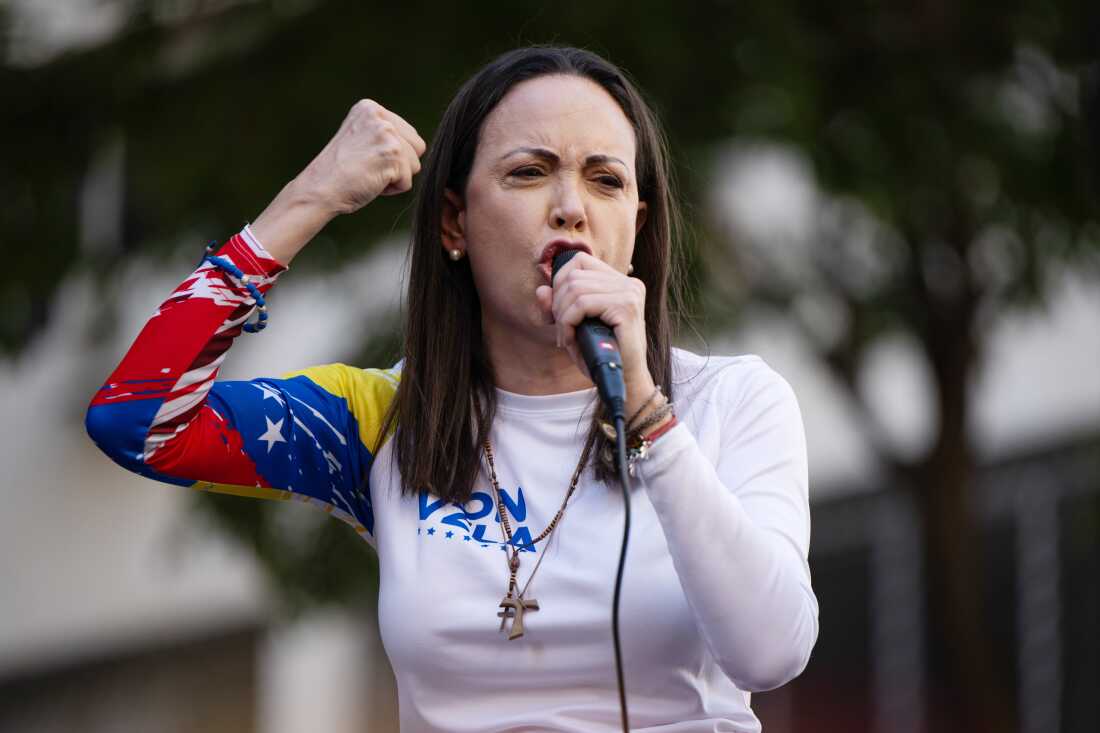
By rewarding Machado, the Nobel Committee is not celebrating peace; it is endorsing economic warfare and foreign domination. Her advocacy for sanctions has deepened Venezuela’s humanitarian crisis, driving millions into exile while enriching the Western energy corporations circling the nation’s oil reserves. Her “peace” agenda, couched in democratic rhetoric, aligns perfectly with the West’s desire to recolonise Latin America through neoliberal control and resource extraction.
The Nobel Committee’s decision should be understood as part of a coordinated soft-power campaign: a symbolic coup from Oslo to prepare the ground for a political coup in Caracas. As in past cases, from Myanmar’s Aung San Suu Kyi to Colombia’s Juan Manuel Santos, the Nobel brand is deployed to consecrate Western-aligned actors while erasing the structural violence inflicted by the very powers that fund and celebrate them.
A Tool of Empire, Not Peace
The Nobel Peace Prize operates as the moral arm of Western hegemony. It sanctifies imperial interests by clothing them in the language of human rights, democracy, and humanitarianism. Whether honouring the architects of war or regime-change agents posing as reformers, the Committee functions as a cultural extension of NATO, legitimising interventions, demonising independent nations, and defining who counts as “civilised” and who must be “saved.”
In the broader architecture of Western dominance, the Nobel Prize is not a neutral institution of conscience; it is a propaganda mechanism. It manufactures consent, disciplines the Global South, and awards peace only to those who serve the empire.
Unmasking the Western Myth
More than a century after Alfred Nobel’s death, his “peace” prize continues to carry the moral burden of its origin.
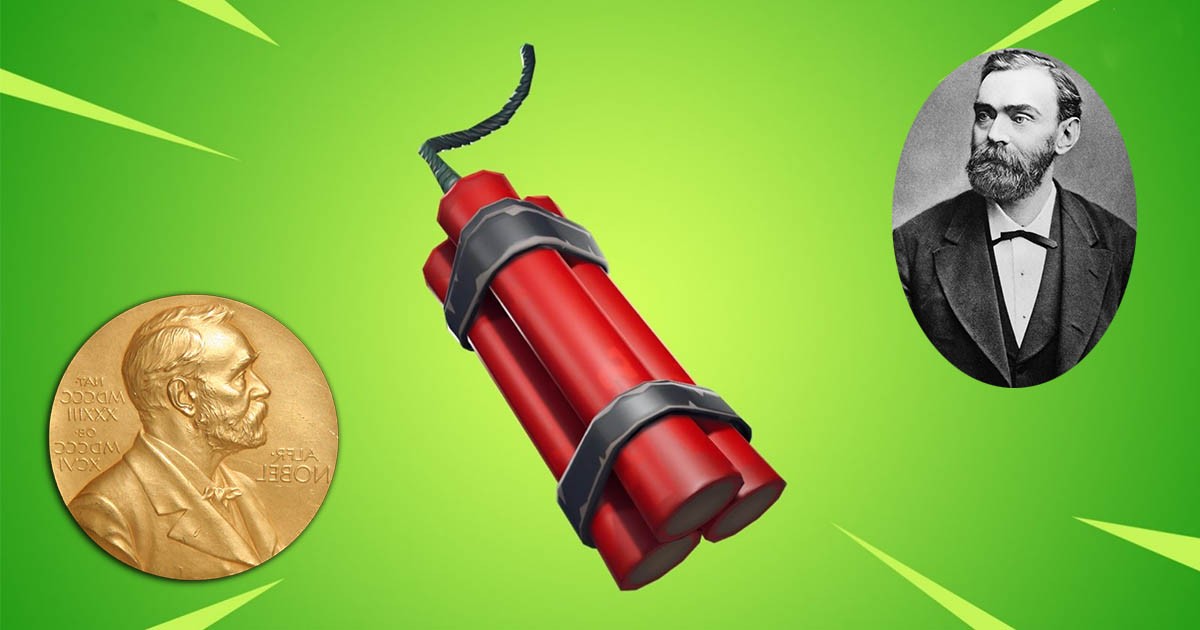
Born from dynamite, baptised in hypocrisy, and sustained by the empire, the Nobel Peace Prize reveals the West’s enduring capacity to weaponise morality. Each award exposes the same contradiction: the world’s greatest powers preach peace while waging endless war.
The time has come to strip away the illusion. The Nobel Peace Prize is not a beacon of moral integrity; it is a symbol of Western hegemony disguised as virtue, rewarding those who advance the empire and silencing those who resist it.
About The Author
Related Articles
Trump’s Greenland Threat Forces Europe to Taste the Logic of Western Colonial Power
It rarely begins with soldiers. More often, it begins with a sentence,...
ByWest Africa WeeklyJanuary 21, 2026The AFCON Final in Morocco and the Controversies That Followed
The Africa Cup of Nations final between hosts Morocco and Senegal ended...
ByWest Africa WeeklyJanuary 20, 2026Mali’s Transition Leader Attends Swearing-In of Guinea’s President Mamadi Doumbouya
Mali’s President of the Transition, General Assimi Goïta, represented the country in...
ByWest Africa WeeklyJanuary 19, 2026Malian Army Conducts Successful Surveillance Operation in Mopti Region
The Malian Armed Forces have carried out a successful territorial surveillance operation...
ByWest Africa WeeklyJanuary 19, 2026








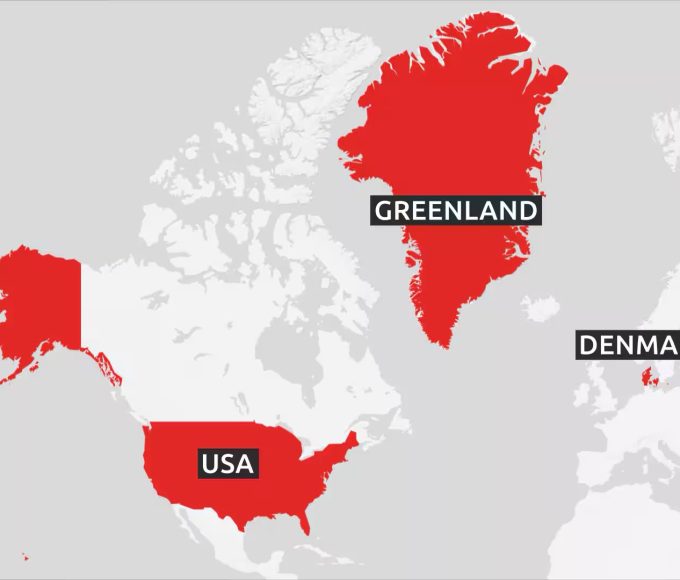
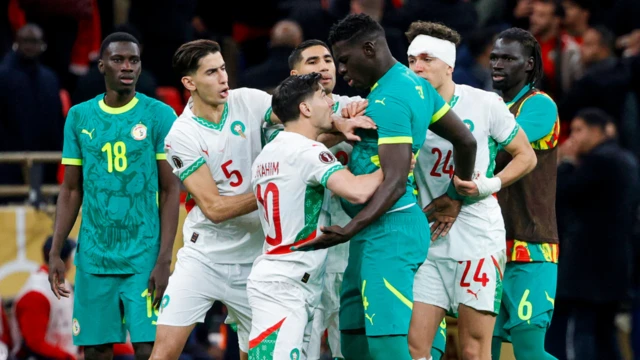


Leave a comment